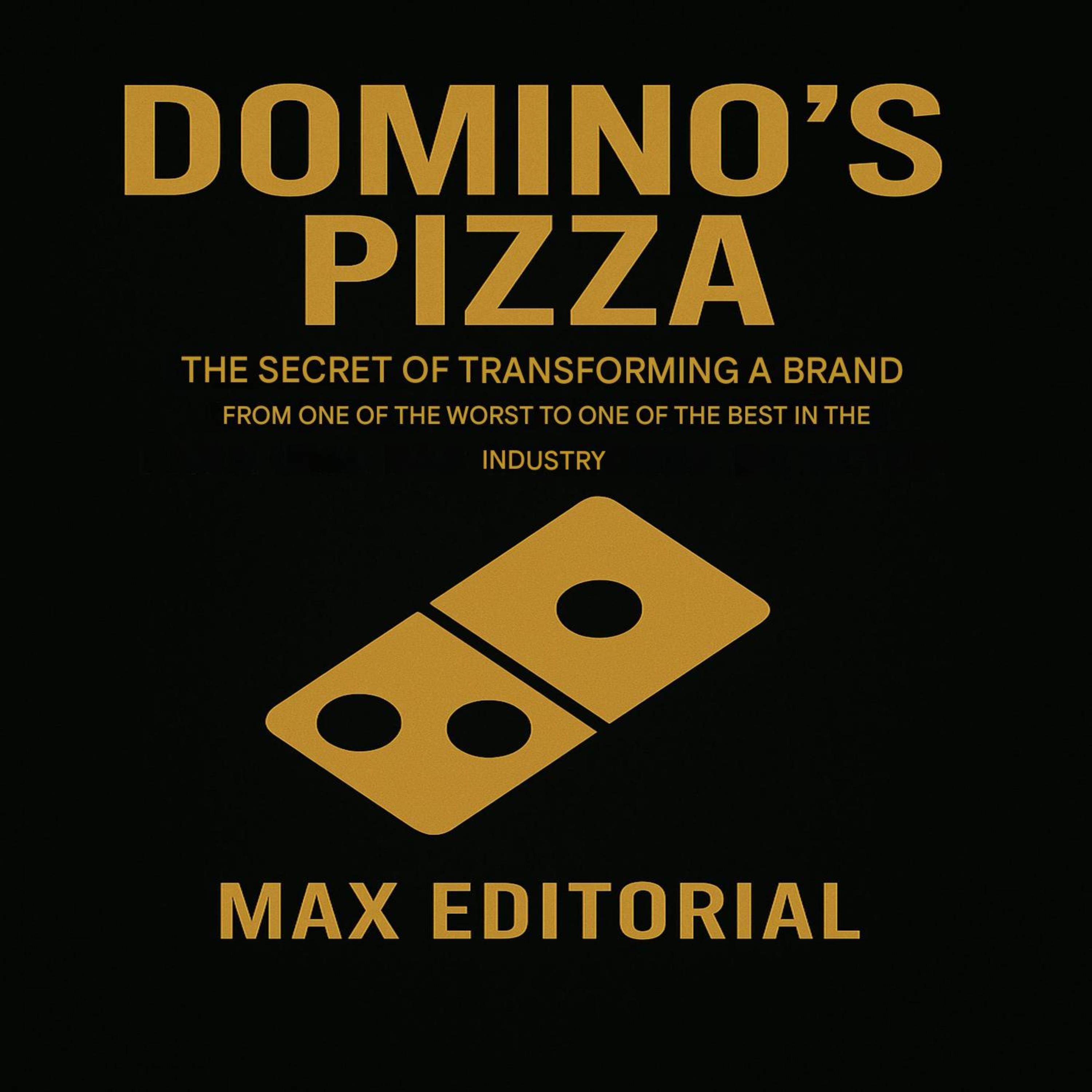Humble Beginnings and Early Growth
The story of Domino's Pizza begins in 1960, when two brothers, Tom and James Monaghan , purchased a small pizza shop called " DomiNick's " in Ypsilanti , Michigan. With just over $500 and a dream, they began a journey that would forever change the landscape of the fast food industry. However, this journey was not easy from the beginning.
Tom Monaghan , who took full control after selling his share to his brother for a used car, quickly realized that the company's differentiator needed to be something simple yet powerful: fast, convenient delivery. At the time, few pizzerias offered home delivery, and even fewer guaranteed it would be fast. That's when he came up with the iconic slogan: "Delivery in 30 minutes or it's free." This revolutionary promise attracted customers in droves and fueled the brand's growth.
Over the next few years, Domino's expanded rapidly, opening franchises across the United States. By 1978, the company had reached the 200-store mark. However, its initial success brought challenges. As the company grew, the quality of its products began to vary from store to store, and a lack of standardization became evident. In addition, the pressure to deliver on its promise of fast delivery led to accidents involving delivery drivers, resulting in lawsuits and tarnishing the brand's reputation.
Despite these difficulties, Domino's continued to grow, achieving global giant status by the 1980s. However, this rapid growth also planted the seeds for future problems. The company would face harsh criticism over the quality of its products and its brand image in the years to come.
Practical Example: How to Apply the Concept of Differentiation in Your Business
Imagine you're starting a small artisanal coffee business. To stand out in a competitive market, think of something unique that will attract customers. For example, you could offer a personalized experience, such as coffees made with unique beans from different regions of the world, along with stories about local producers. This creates an emotional connection with consumers and sets your business apart from the competition.
